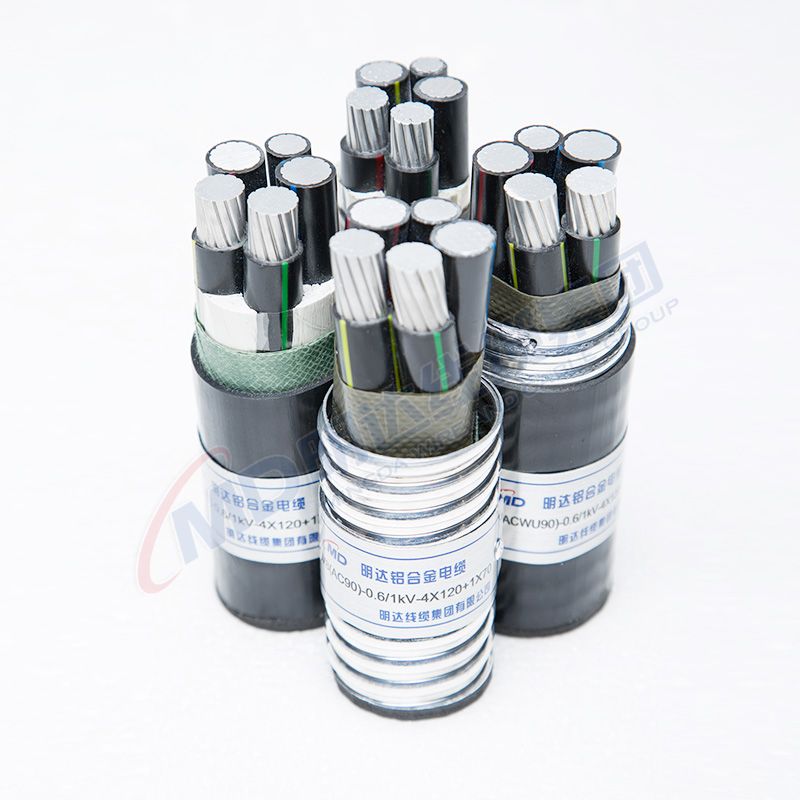Nov . 29, 2024 19:31 Back to list
Exploring the Functionality and Benefits of Gate Valve Actuators in Modern Applications
Understanding Gate Valve Actuators Mechanisms and Applications
Gate valve actuators play a crucial role in the operation of gate valves, which are commonly used to control the flow of liquids and gases in various industries. A gate valve is designed to provide a straight-line flow of the fluid, which minimizes pressure loss and ensures smooth operation. The actuator, therefore, is essential for the precise opening and closing of the valve, enabling effective control of the flow.
There are several types of actuators used for gate valves, including manual, electric, pneumatic, and hydraulic actuators. Each type has its advantages and is suitable for specific applications. Manual actuators, often operated by a handwheel, are simple and cost-effective but may not be practical for large valves or in remote locations. Electric actuators are increasingly popular due to their ability to provide precise control and integration with automated systems, making them ideal for applications where remote operation is necessary.
Pneumatic actuators utilize compressed air to open and close the valve, offering rapid operation and high reliability. They are especially useful in situations that require quick response times, such as in emergency shutdown systems. Hydraulic actuators, on the other hand, use fluid pressure to operate the valve and are preferred in high-pressure or high-torque applications, providing significant force with minimal effort.
gate valve actuator

The selection of the appropriate actuator depends on various factors, including the type of fluid being controlled, the operating pressure and temperature, and the specific requirements of the application. For instance, in oil and gas industries, valves often need to handle high pressures and corrosive fluids, necessitating robust and reliable actuators that can withstand harsh conditions.
Moreover, gate valve actuators must comply with industry standards and regulations to ensure safety and reliability
. Maintenance is also vital for prolonging the life of both the actuator and the valve. Regular inspections, lubrication, and timely replacement of worn parts help prevent failures and ensure optimal performance.In conclusion, gate valve actuators are essential components in fluid control systems across various industries. Understanding the different types of actuators and their applications enables engineers and operators to make informed choices, ensuring efficient and safe operation of gate valves. As technology advances, the integration of smart actuators with IoT capabilities is set to revolutionize valve management, enabling predictive maintenance and enhanced operational efficiency. Thus, gate valve actuators will continue to play a pivotal role in industrial automation and control systems.
Share
-
Reliable Wafer Type Butterfly Valves for Every IndustryNewsJul.25,2025
-
Reliable Flow Control Begins with the Right Ball Check ValveNewsJul.25,2025
-
Precision Flow Control Starts with Quality ValvesNewsJul.25,2025
-
Industrial Flow Control ReliabilityNewsJul.25,2025
-
Engineered for Efficiency Gate Valves That Power Industrial PerformanceNewsJul.25,2025
-
Empowering Infrastructure Through Quality ManufacturingNewsJul.25,2025